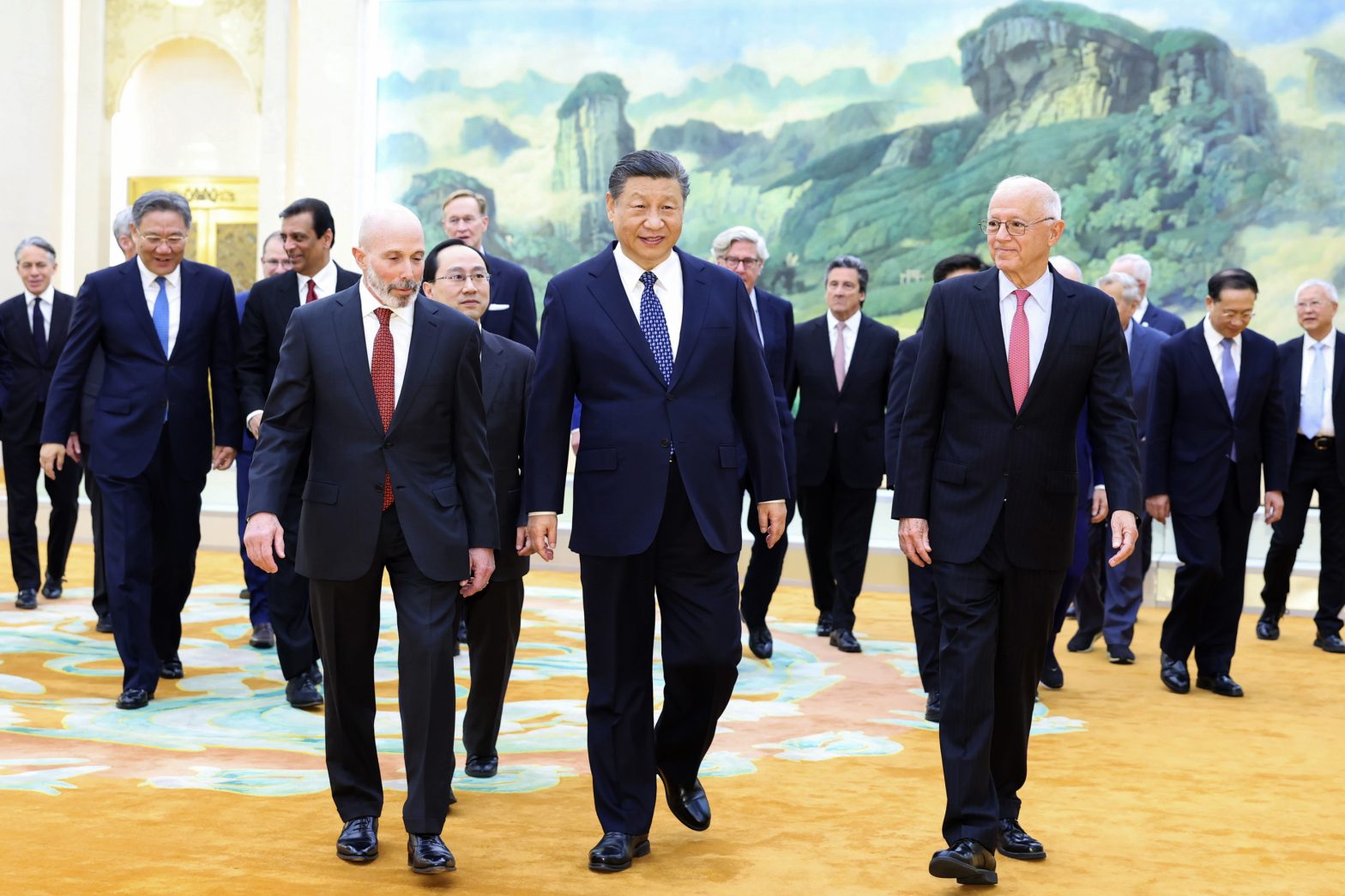The Future of Global Leadership Depends on Who Creates and Controls Critical and Rapidly Developing Technologies
COMMENTARY

Recent legislation in both the United States and China has proven one thing: tensions are high and sensitive technology is playing a critical role in how each nation will address their economic futures. The new litmus test for economic dominance is one’s ability to implement, advance and utilize rapidly developing technologies like artificial intelligence, semi-conductor manufacturing and quantum computing.
Tensions will not be resolved, and economic superiority will not be secured, unless the United States can maintain its technological advantage.
The Export-Import Game
For years, concerns surrounding China’s intellectual property theft have made splashes in U.S. and global headlines. Chemical technology, chip designs, artificial intelligence technology, self-driving software, cellular technology and even genetically modified corn seeds are just some of the technology China has stolen or attempted to steal from American companies. No one likes cheaters, and yet many American businesses and governmental organizations continue to operate with China like business as usual — importing and exporting critical sensitive technology to and from Chinese firms.
Many U.S. police departments continue to import Chinese drones. American chip producers and software developers export technology for Chinese government computers, banks and laboratories. This is precarious.
While there has been notable progress in the limiting of exports of sensitive technology, it is clear that more work needs to be done to ensure that sensitive American technology stays where it should: America.
Maintaining control over sensitive technology is a necessary step to ensure that the United States can preserve its status on the global scale. Policymakers and business leaders need to take a pro-active stance to reevaluate the intimacy of some Sino-American technological relationships.
Lock Down Data to Unlock Economic Opportunity
Data has undeniably become one of the most important resources in our digital world. Protecting it is a critically important role. In 2022, FBI Director Christopher Wray testified before Congress that “China’s vast hacking program is the world’s largest” and that “they have stolen more Americans personal and business data than every other nation combined.”
Wray later clarified that this is a “national security concern.”
As personal data becomes more accurate and fine-tuned, it will be even more sought after. We have observed the outrage and fallout when these practices were undertaken by American companies. Imagine the dangers of this data falling into the hands of our foreign counterparts at rates higher than it already does.
We simply cannot afford to make the process simpler or easier for Chinese companies and the Chinese government to extract our data.
Control + All + Delete
Don’t just take my word for it, the Chinese Communist Party has been making a similar push, as outlined in the elusive “Document 79,” which instructs state-owned companies to “Delete A” or “Delete America” from any aspect of their software by 2027.
If China is creating self-sufficiency within these markets in the name of “long-term security,” why shouldn’t the United States?
This is a technology race, plain and simple, like how the space race in the 1950s and 1960s defined global leadership. Data and next-generation technology can create realities for humanity that would not have been previously obtainable. AI can process and analyze mathematical data at record-breaking speeds and augment worker productivity to levels beyond what was previously thought possible.
To ensure that our future reality of non-stop processing and exponential productivity is one that guarantees American economic prosperity for our children and future grandchildren, we need to protect our technology.
Arvin Patel is an American inventor, innovator and entrepreneur. Patel currently serves as Nokia’s chief licensing officer of New Segments. He has decades of experience in the technology and entertainment sectors and is an IP industry veteran known for creating non-traditional strategies to develop products and services. He has overseen R&D and IP for world-leading companies and held senior leadership roles at TiVo, IBM and Technicolor. He most recently served as Intellectual Ventures’ chief operating officer for the Invention Investment Fund, a portfolio dedicated to investing and working with the world’s best minds and businesses. He can be reached on LinkedIn.























